Most people familiar with the Cartier watch brand can easily point out a Tank watch. With their small proportions, distinctive square cases, and timeless looks, Cartier Tanks are often the go-to watch for those hunting for a simple, dressy timepiece. Many will also readily recognize the famous Santos watch; though laypeople will occasionally misidentify it as a Tank, most watch enthusiasts will appreciate it as one of the first wristwatches and first pilot’s watches.
Often less recognized than these two flagship collections, but still just as a distinctive, is the Cartier Tortue (above, photo by Fratello Watches). Developed in 1912 — five years prior to the development of the Tank, and the same year as the commercial release of the Santos — it quickly became a standout in that era’s fast-growing luxury wristwatch market. The watch, designed personally by Louis Cartier, was characterized by its tortoise-inspired shape, which stood in stark contrast to the predominantly round watches of the time.
Within the larger scope of the series, a single push-piece chronograph called the Tortue Monopoussoir (below, photo courtesy of our friends at Monchrome Watches), a piece beloved by vintage-watch enthusiasts, was released in 1928, along with a smattering of other curved, reptile-shell-inspired pieces later on. Since its development, the series has become rather successful in attracting consumers hunting for something a bit different, and has developed something of a cult following in the realm of time-only haute horology.
Today’s time-only Tortue watch, available in either rose gold or white gold (at $19,300 and $20,700, respectively), carries on the historical design elements that have long attracted consumers, but with a few modern Cartier flairs. The 36.1-mm-wide, uniquely-curved case, containing the manually wound caliber 240 MC, sits longer on the wrist than many traditional watches, at 44.95 mm lengthwise. The watch features Cartier’s signature sapphire-beaded crown. On the multi-zoned dial is a silvered guilloché inner dial, separated from the outer guilloché section by an indented minute ring. The black Arabic numerals, following the curved elements of the case, feature prominently, while being quietly swept over by the blued steel, sword-shaped minute and hour hands. These models use either a matte brown or black alligator strap and fasten with a matching precious-metal deployment buckle.
This modern piece, for the most part, is designed strikingly similar to the Tortues of years past — especially the original 1912 models. With its distinctive case, sapphire crown, prominent numerals and, to some extent, its minute ring, the contemporary Cartier Tortue offers vintage elegance for modern tastes. The changes in the watch, as compared to its vintage predecessors, seem to be in line with today’s Cartier tradition of integrating haute horology and fashion. This is evident in the guilloché dial; the larger and less sharply angled, case, the inner, indented minute ring contrasting with an outer printed minute ring, and the still prominent but much more expansive numerals.
The only change that seems somewhat unexplainable is the use of sword-shaped hands. The Tortue’s historical counterparts traditionally used “apple-shaped” hands, and this style is in fact still seen in the more expensive models within the series. Apparently, Cartier opted for consistency here across its most popular models, as these blued steel sword hands are spotted on many modern Tank and Santos models as well. While not historically in-line with the hands of the broader series, this change does not detract from the modern watch’s historical appeal.
Personally, I find Cartier watches to be very interesting. With their sleek cases, often timeless looks, and brand-unique features such as the beaded crown, this brand continues to offer rather attractive dress watches that veer from watchmaking norms. Furthermore, many of its watches, including this Tortue, actively blur the line between high fashion and haute horology, integrating the two fields within watches that be can appreciated by aficionados of either or both. The Cartier Tortue, to its credit, holds a special place within horology and fashion, with its uniquely-curved case, relatively small production numbers, and significant role in Cartier’s watchmaking history.
For our most recent article, in which I compare the modern Jaeger-LeCoultre Master Memovox to its vintage counterparts, click here.
Caleb Anderson is the Director of Outreach at the online vintage watch boutique and blog theoandharris.com. Since starting at Theo & Harris, he has garnered extensive knowledge on vintage watches, and spends much of his time sharing his opinions within the field. Currently located near New York City, he is a persistent student in all things historical, a writer on watches, and a casual runner.





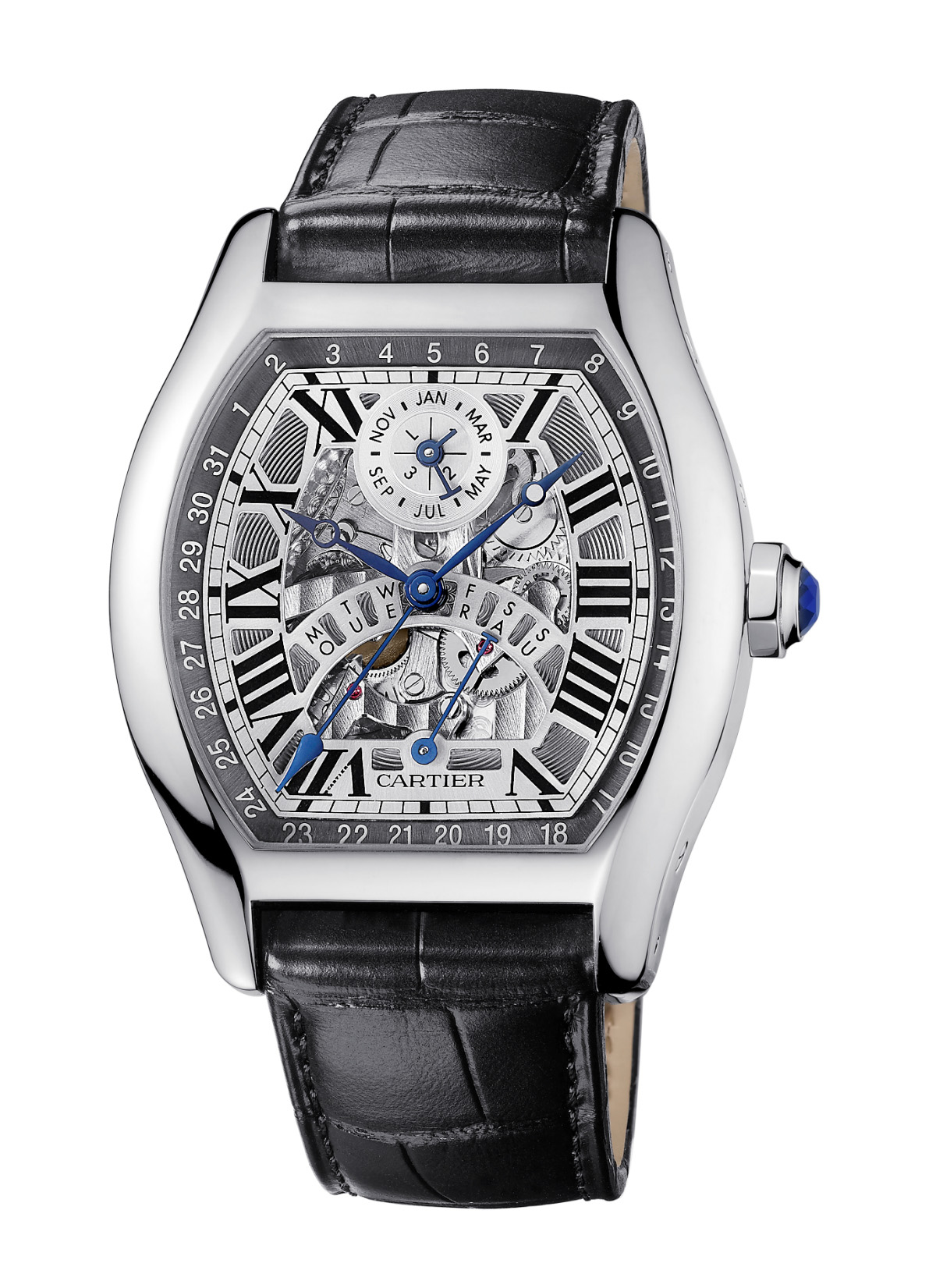
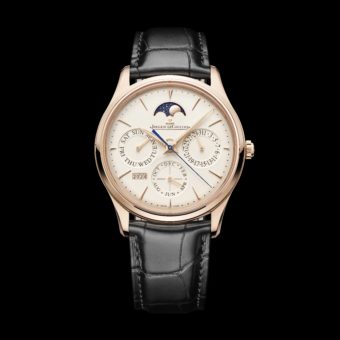
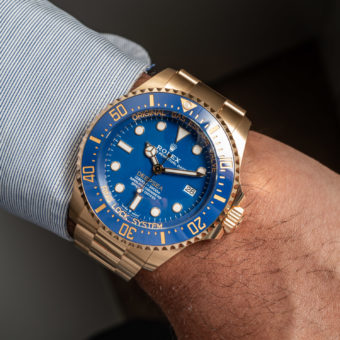
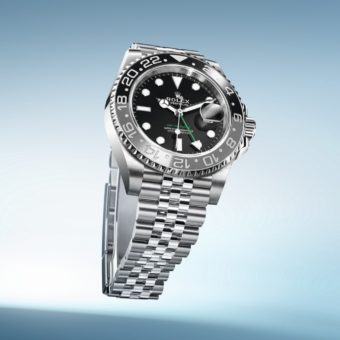
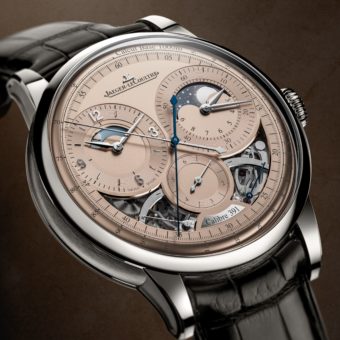
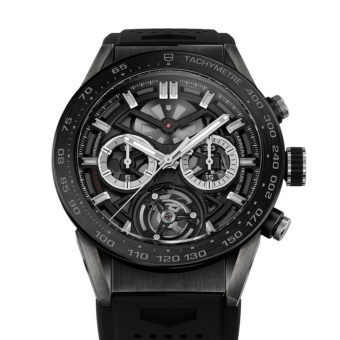
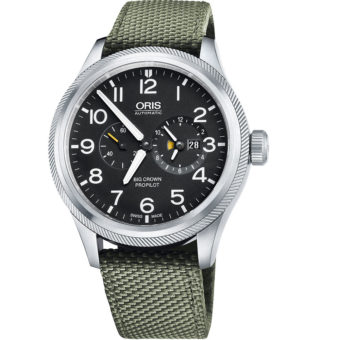
The “treize” monopoussoir wasn’t released in 1928, was it? That commemorative model was late 1990s, yes?
Yes, that’s right. The original monopoussoir released in 1928 was eventually discontinued, but revived in 1999 as part of a limited release.